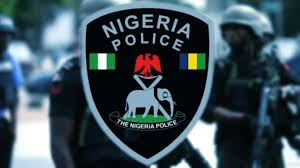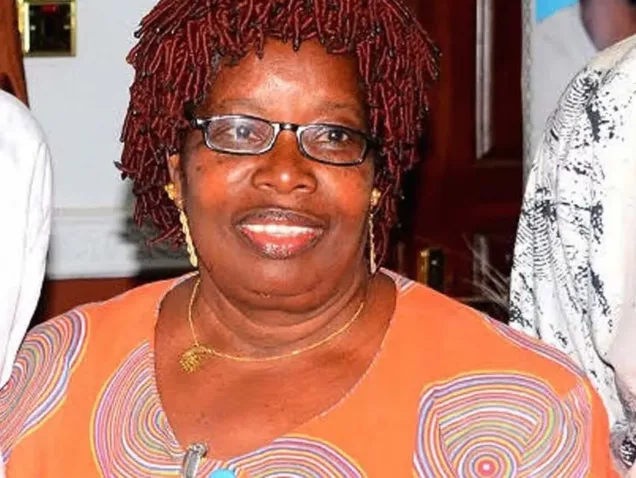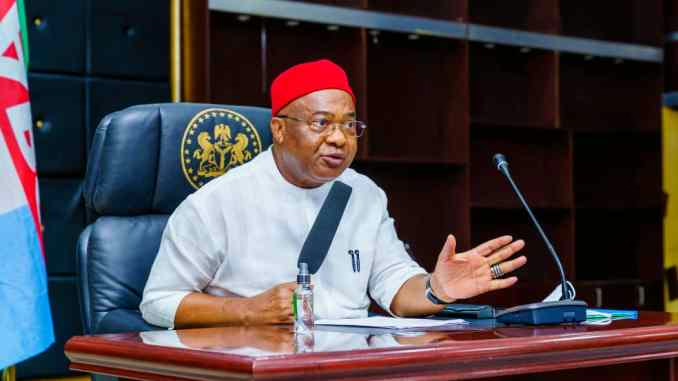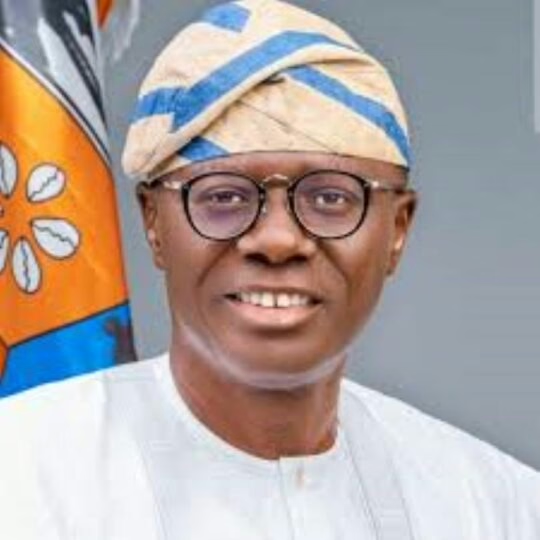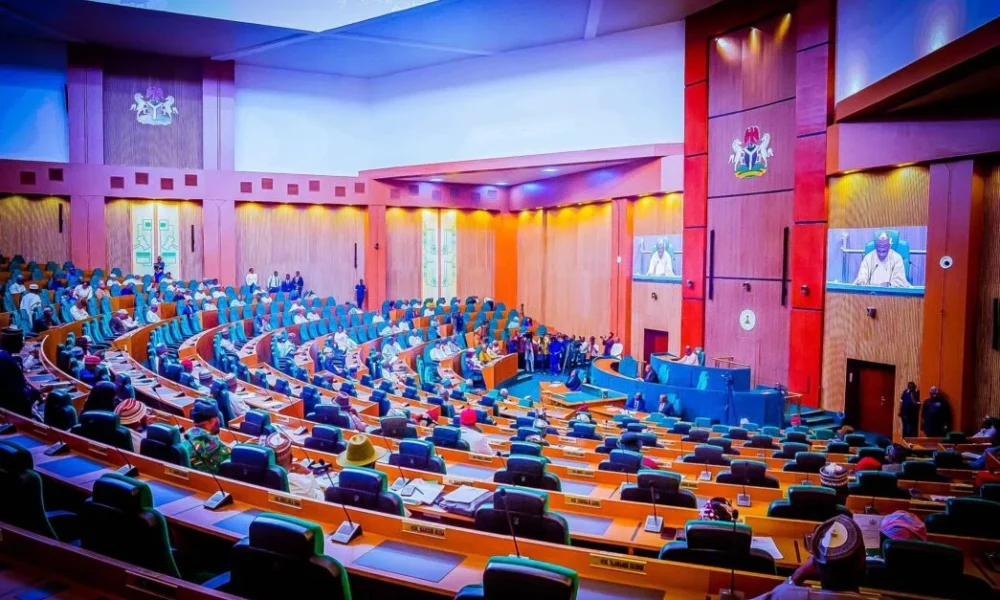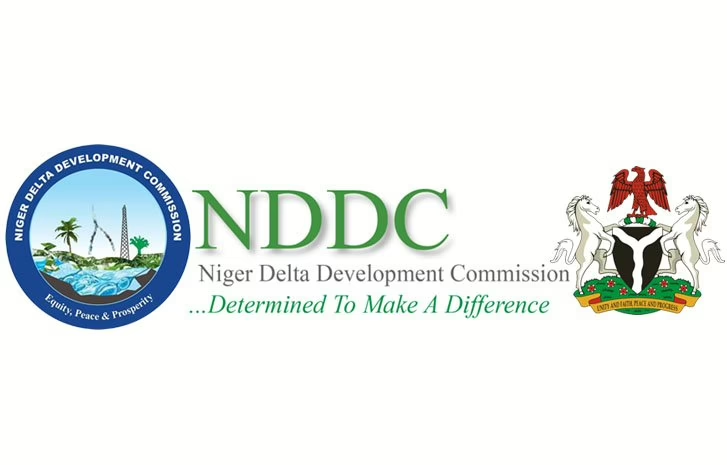By Keem Abdul
There’s a famous Hollywood movie titled, ‘The Loneliness of the Long-Distance Runner.’ Based on a short story of that title by the English writer Alan Sillitoe, it talks about delinquent young man who takes to long-distance running in order to free himself from the pressures and expectations of his society – and especially of the peer pressure which has so often led him into trouble with the law. Sillitoe gives his character the ability to achieve his purpose without the pressures of a team – hence the use of the term, ‘loneliness.’
Leadership, too, is a marathon and an awfully lonely business – especially if you’re a visionary with your eyes fixed on the bigger picture and you’re willing to sacrifice instant gratification for long-term and ultimately lasting gain. It’s a lonely business if you have decided not to be a people-pleaser, prone to being blown here and there by the often changing winds of popular opinion – and even more so if you’re at the head of a team comprising members who are not completely on board with your vision.
Recent media stories making the rounds, to the effect that President Bola Ahmed Tinubu is on the verge of a major cabinet shake-up that would effectively rid his cabinet of certain ministers who have been described in various quarters as ‘dead woods’ and ‘square pegs in round holes’, etc, seems to suggest that the President has come to the understanding that though these appointees may have had their uses in the past – especially in helping get him elected to office, and in respect of other services – they were no longer fit for purpose. This may have nothing whatsoever with their competence or lack thereof (as some of them have enjoyed sterling careers in the public or private sectors) but all to do with whether their understanding of the mandate they received from the President was in tandem with the mandate HE received from the Nigerian people.
When he ran for President in 2023, the Tinubu campaign team proposed a far-reaching agenda compassing all the sectors of the Nigerian economy – and proffered profound solutions to the challenges bedeviling each of these sectors. The Renewed Hope Manifesto, as it was called, made it clear that for the Nigerian economy and indeed its entirely polity to move forward, tough decisions would be made; it also made it clear that it was better to endure temporary hardship today in order to secure the brighter future of our dreams. In the tension between what we WANT NOW, and what we NEED THE MOST, the Renewed Hope Manifesto suggested that Nigerians choose the latter.
Needless to say, the implementation of some of the reforms driving that vision, upon the success of the Tinubu/Shettima ticket at the polls and the President’s assumption of office, has brought no small amount of hardship to millions of Nigerian households. From the abrupt abolition of the fuel subsidy regime, to the unification of the exchange rate regime, to drastic increases in tariffs for electricity and other services as well as the upward review of the country’s tax profile, the Tinubu reforms have hit wallets really hard – prompting a bitter backlash from certain quarters, including civil society organizations. Industrial action and public protests have trailed the impact of these reforms and policy decisions. The minimum wage strike by the country’s two main labour unions, and the #EndBadGovernance protests that rocked several Nigerian towns and cities, are two examples.
In the face of the fierce winds of opposition assailing him on every side, however, one cannot but note how the President has soldiered on regardless, in his determination to see that these reforms bear fruit in the shortest possible time.
President Tinubu is, of course, no stranger to opposition – whether as its instigator or the one at the receiving end of it. When he was the Governor of Lagos State, there was so much venom directed at his leadership style and especially his reforms that it looked as if he wouldn’t be re-elected in 2003 – especially being an influential opposition Governor faced with a determined President Olusegun Obasanjo at the centre, who was on a mission to ‘capture’ the entire South West region (including Lagos) to consolidate his position within the then-ruling party, the People’s Democratic Party (PDP). However, the equally determined Tinubu didn’t just get an unprecedented number of votes to return to office, he went on to lead Lagos State through a period of economic boom and sustained prosperity which placed that state as the 5th largest political economy in Africa.
True leadership demands the courage of one’s convictions – especially when those convictions are not received well by the generality of the people. A true leader knows that what his people NEED THE MOST is not always palatable in the short-term, but ultimate vindication will be his or her reward. It was the 28th American President, Woodrow Wilson, who said, ‘I would rather lose in a cause that will someday win, than win in a cause that will someday lose.’
But beyond having the ideas and vision, as well as the courage, convictions and energy to drive them, a leader needs a TEAM – some of whose members may differ with the principal on methods of reaching the desired destination, but should NEVER be at variance with him on what exactly that destination is.
That seems to be what President Tinubu is grappling with at the moment. Not only are his reforms and policy decisions being assailed by the political opposition as well as certain sections of civil society and the media, but there is a noticeable lack of commitment to the full flowering of those reforms and the implementation of those policies on the part of some members of his team. The cankerworms of internal dissent and sheer incompetence or lack of commitment are, in most cases, far more dangerous to a government’s ability to deliver on its mandate than the machinations of the political opposition. They are the Trojan Horse capable of sidestepping the government’s guardrails (especially in matters of confidentiality and the nitty-gritty of policy-formulation, etc.) and the maggot that eats the fruit from within the fruit.
Therefore, if the reports of an impending cabinet shakeup are anything to go by, then the President must act with all alacrity in order to restore the confidence of Nigerians in the viability and feasibility of his vision, as well as his ability – with the help of his team – to deliver the goods as far as the welfare and security of Nigerians are concerned.
Asiwaju Bola Ahmed Tinubu is a social democrat by ideological inclination – with a lifelong commitment to democratic freedoms as well as social and economic justice for the masses. This was apparent in his activist days – and there’s no indication that he’s about to betray those principles now, at the very peak of his political career. But Nigerians are groaning, and time is running out. If the Renewed Hope mandate is to be fully actualised, the President needs a team that is not only fully on board with his vision, but also possesses the skill sets, the expertise, experience and forward-looking mindset needed to drive forward the vision. What the President needs within his governing outfit is unity of purpose. Robust in-house debates as to the quickest, most cost-effective way of getting to the desired destination must be encouraged – but DIVISION based on tunnel vision or narrow self-interest is a luxury that neither he nor the Nigerian people can afford right now.
Keem Abdul, publisher and writer, hails from Lagos. He can be reached via +2348038795377 or [email protected]
Join Daily Trust WhatsApp Community For Quick Access To News and Happenings Around You.


